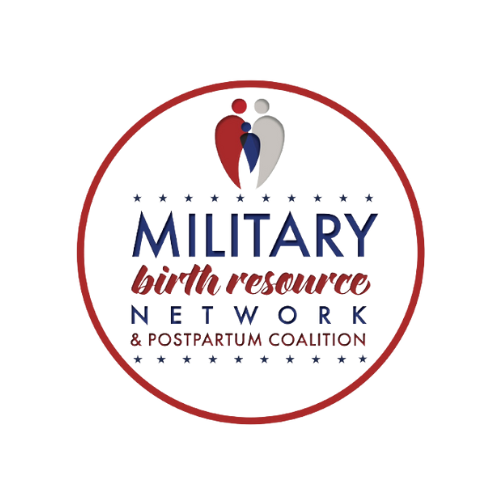Bureaucratic Barriers Limit Critical Birth Support at Military Treatment Facilities for Tricare Prime Beneficiaries
In the wake of two years of concerted advocacy by groups such the What to Expect Project, Military Birth Resource Network and Postpartum Coalition and Global Military Lactation Community, it seemed 2023 was set to herald a significant improvement in maternal care for military families. The proposed Fiscal Year 2024 National Defense Authorization Act (NDAA) aimed to enhance the Childbirth and Breastfeeding Support Demonstration, promising Tricare Prime beneficiaries seeking pregnancy care at Military Treatment Facilities (MTF) access to vital lactation and doula support.
The move was crucial to rectify a glaring oversight in the 2021 NDAA, which inadverently sidelined Tricare Prime beneficiaries from participating in the Demonstration when receiving care at MTFs, impacting an estimated 669,000 active duty service women who, by mandate, are unable to switch to alternative plans like Tricare Select that provide beneficiaries choices when choosing medical providers.
However, in a disappointing turn of events, this promising provision was excised from the final NDAA bill during the joint conference. The reasoning? A purported inability by Tricare and the Defense Health Agency (DHA) to manage expansion, citing concerns over administrative complexity and the challenges of building provider networks.
Yet, this explanation falls short when weighed against the critical need for such services. The United States battles one of the highest rates of maternal mortality among developed nations, and services this Demonstration offers could significantly mitigate these risks for military families. The exclusion not only undermines the health and readiness of active duty service women but also sends a distressing message: their health and that of their children are deemed secondary. The very women who have raised their hands to support and defend this Nation continue to be treated as if their lives, health and wellbeing do not matter.
Doris Ann Doula Services in Fayetteville, NC. Birth at Womack Army Medical Center at Ft Liberty, NC
Even more concerning, the Demonstration expansion to overseas locations is supposed to occur on January 1, 2025. Most overseas care is received from the local MTF by both servicemembers and dependents, not the local community. Most military families will not be able to utilize this benefit given the current program parameters. Again, thwarting the intent of the Demonstration and failing to provide support to the military families who need it the most.
DHA and Tricare are both straying significantly from the original intent of the demonstration, “to study the benefits of doulas for all Tricare beneficiaries regardless of where you receive care to determine whether this should be a standard Tricare benefit. ”The decision to limit data collection to civilian hospital deliveries effectively ignores a substantial segment of the military population, potentially skewing the Demonstration’s findings and its future applicability.
What’s more troubling is the implicit assumption that care quality is uniform across civilian and military facilities – an assumption contradicted by numerous accounts from military families. By excluding MTFs from the Demonstration, DHA misses a critical opportunity to evaluate and potentially enhance the care provided in its facilities.
As DHA reels from operational challenges, a recent decision to consolidate care within MTFs could exacerbate these issues, further alienating a significant portion of the military community and obscuring valuable data that could inform better healthcare policies. All of these actions send mixed messages as to DHA’s true intentions and ability to care for military families. It expands beyond pregnant, birthing and post-partum women. These actions impact us all.
It is time for DHA and Tricare to reconsider their stance. The health and readiness of our military families are at stake, demanding a more inclusive and data-driven approach to maternal care. The question remains: will DHA and Tricare rise to the challenge, or will bureaucratic hurdles continue to obstruct essential support for those who serve?
Contributed by Samantha “Sam” Arrington Sliney. Samantha is an attorney advisor with the Department of the Army and an Air National Guard JAG. She spent 10 years on active duty with the United States Air Force. She is also a military spouse and mom of three.

